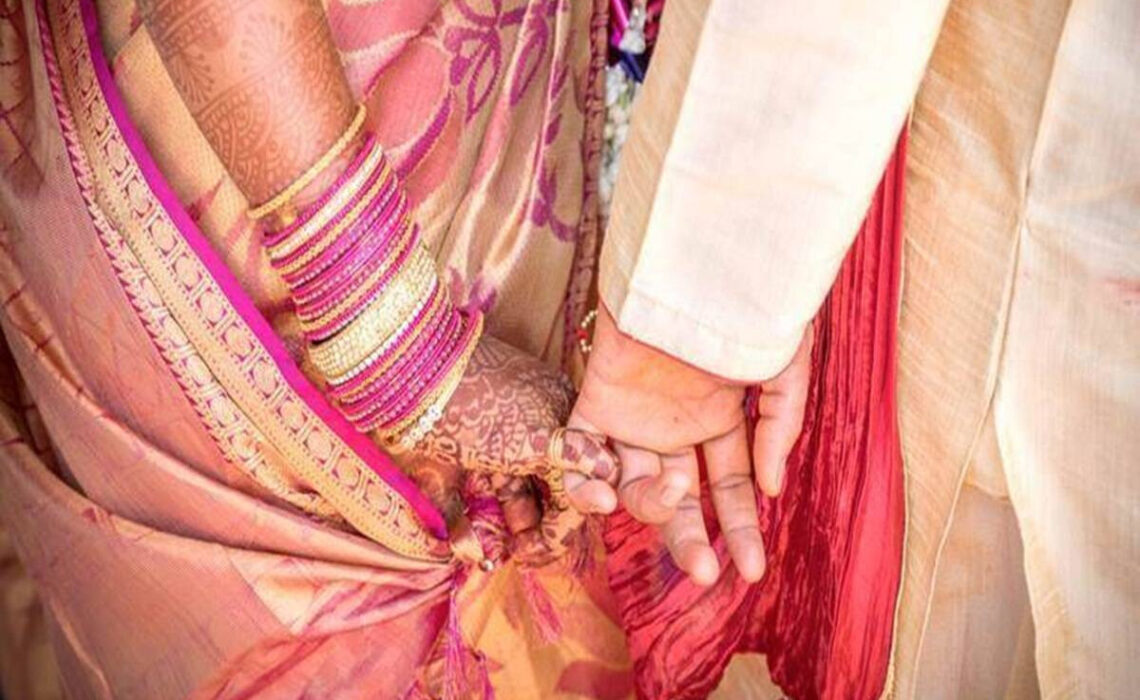
Riya*, a 19-year-old girl who was very passionate about her education and career was married to a middle-aged man despite her will. Riya was good at studying but she had little knowledge about cooking and homemaking. And she became a victim of home violence. She gave birth to her first child in her early 20’s and second in the next year itself. Riya was restlessly trapped in the kitchen and she was extremely tormented physically and emotionally by her husband. When Riya complained to her parents, they asked her to bear all the stuff and made her come to terms with the idea that it’s all a part of post-Indian wedding life. Riya got depressed and killed herself along with her kids. How cruel is it? Who is liable for this? This article lights into the darker side of the great Indian weddings. Tune in.
Do you know forced marriages still exist?
In India, even today, most parents force their girl child into the wedding. They think that education is an expensive and unnecessary thing for their girl child whereas marriage is not. They spend a lot of money on their daughter’s wedding and after that, they just sit back and relax, satisfied by the notion that they have completed their duties. How sad it is?
According to the Constitution of India, forced marriages are illegal under the Article 15 of the India Contract Act of 1872. It is an infringement of human rights. The poor people always find it hard to find their way to overcome these forced marriages and violations.
According to the study regarding forced marriages in India conducted in 2017, it is revealed that, when it comes to the matter of forced marriages, India was among the top focus countries in the United Kingdom. Out of all trials dealing with the Forced Marriage Unit in the UK from around the world in 2019, 80% of sufferers were women, men of 13%, and the remaining was unknown.
The data are only the tip of the iceberg and most cases are going unreported.
India loves Arranged marriages
As we all know, India supports cultural and religious beliefs to a wide extent. The concept is also reflected in the Indian weddings. In Indian arranged marriages, the bride and the groom, belonging to the same caste, tie the knot after getting ‘permission’ from both their families and relatives. Since arranged weddings have been a part of our society for years and centuries, it is often supposed to be humiliating to wed someone that one’s family hasn’t wanted for them. When somebody ends up opposing the intention of a forced wedding or arranged wedding, it soon gets recognized as an emotional offense to the parents and family.
Will it be continued?
Forced arranged marriages are a means to procreate the concept of caste purity by marrying two persons of the same caste and ensure the hereditary of their caste and their inheritance.
It has kept itself up in this manner for centuries now. From being a responsibility that it is essential to have kids and engage in sexual intercourse, the marriages should also revise the impressions of love, friendship, and of course respect.
The process of organized weddings was widely ratified and engaged in over civilizations and beliefs. Henceforth, this practice of forced arranged marriages should be more women-friendly and give equal space and rights for them, and not for the arranged marriage elements like horoscope, caste, and financial status, beauty test, etc… Women should start urging for independence and freedom when they decide who to and when to wed or even to wed or not.
Image Credits: The Financial Express
Udisha Srivastav is a Freelance Content Writer with Femsay.com

